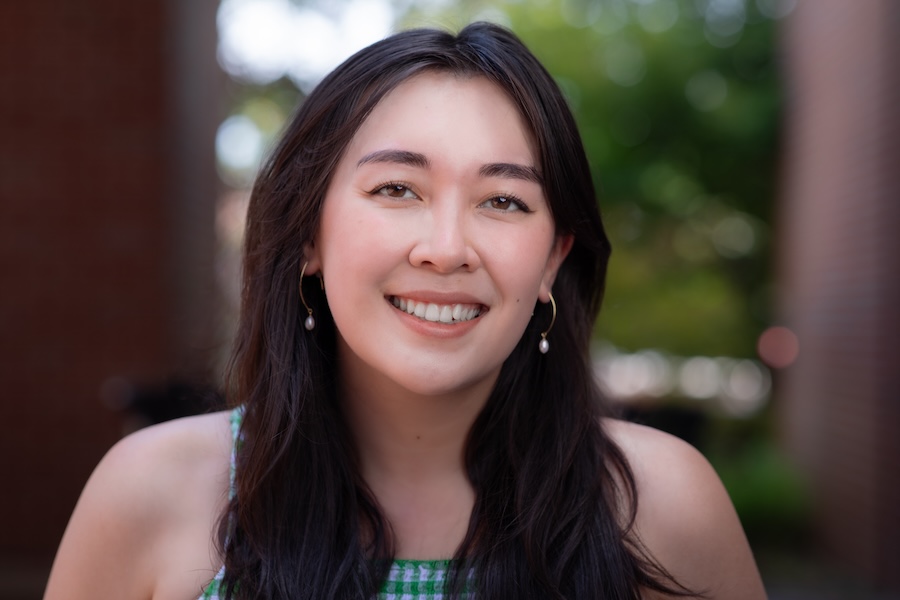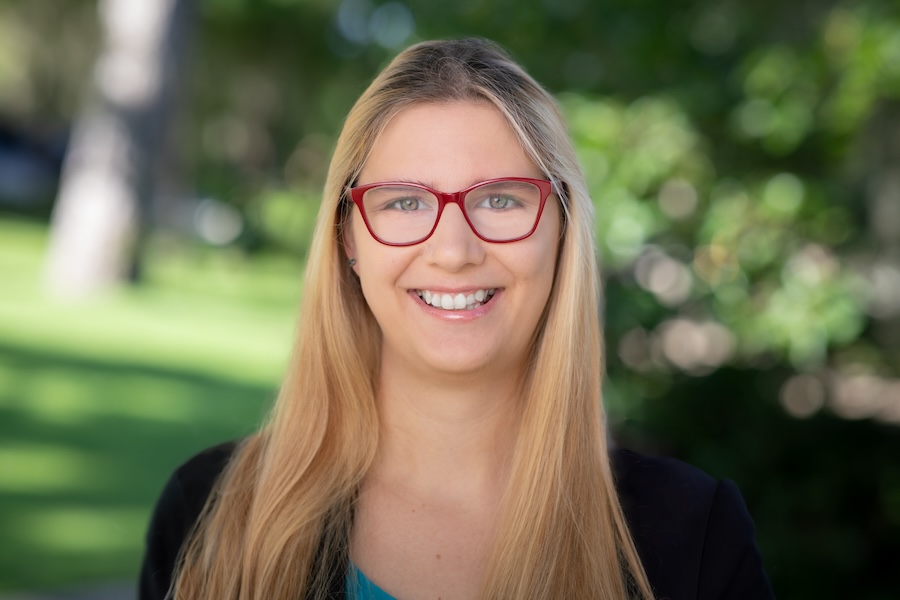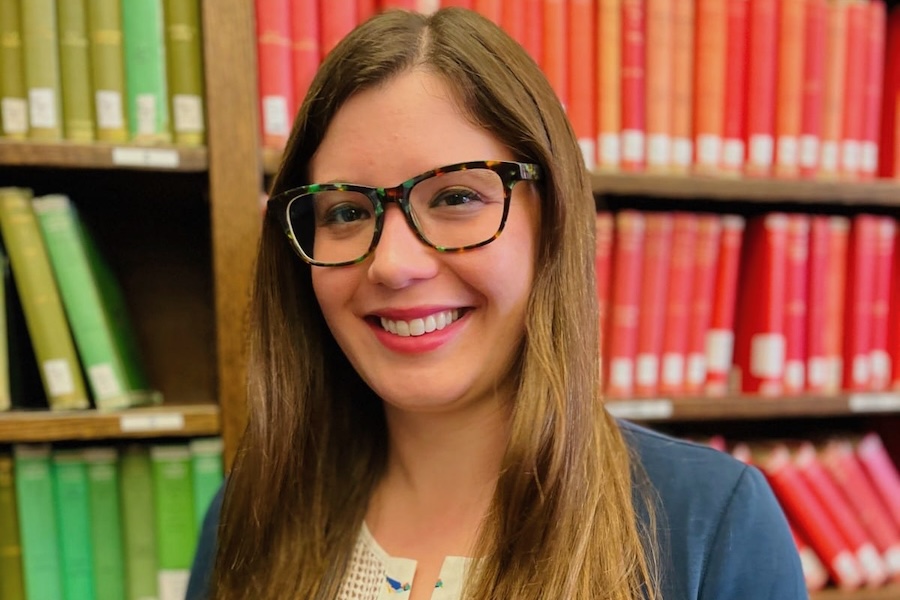Arts and Sciences honors graduates during summer commencement ceremonies

Florida State University will celebrate its Summer 2024 graduates Friday, Aug. 2 with three commencement ceremonies at the Donald L. Tucker Civic Center.
College of Arts and Sciences graduates will participate in two ceremonies on Friday. Doctoral students will be hooded at the 9 a.m. ceremony while undergraduate and master’s students will cross the stage during the 7 p.m. ceremony.
The evening ceremony will feature a commencement address from Tim Cerio, president, CEO, and executive director of Citizens Property Insurance. Cerio also sits on the Florida Board of Governors, which oversees the State University System of Florida. Nearly a quarter of the 2,834 degrees FSU will award this summer are undergraduate and graduate students from arts and sciences disciplines.
“Summer commencement is the final celebratory event of the academic year, just in front of the launch of the new entering class,” said Sam Huckaba, dean of the College of Arts and Sciences. “It adds a different type of energy than the large spring ceremony, more compact and with a summer flair. With the event, we want to applaud graduates and remind them that they will always have a strong connection to this institution.”
Traysea Malama-Auger, Susan Rogowski, and Nora Donoghue are among the college’s 652 Summer 2024 graduates. Malama-Auger will receive a bachelor’s degree, and Rogowski and Donoghue will be awarded doctorates.

Malama-Auger, who was born in Hawaii and raised in Fernandina Beach, Florida, earned her bachelor’s degree in biological science though the Department of Biological Science. She founded FSU’s Spoonbill Society, a student-run birdwatching club affiliated with both the National Audubon Society and the local Apalachee Audubon Society. Through the club, Malama-Auger conducted research on avian window strikes on campus with the Spoonbill Society’s faculty adviser and professor of biological science Emily DuVal.
“Getting motivated undergraduates involved in research and learning about the effect our built environment has on wild animal populations has been a rewarding experience,” Malama-Auger said. “Earth faces a devastating biodiversity crisis, which is further compounded by climate change. The thought that entire animal cultures, behaviors, or adaptations could be lost simply because we did not study them in time is tragic. This urgency inspires me.”
Postgraduation, Malama-Auger has accepted a one-year lab manager position, after which she plans to attend graduate school.
While Malama-Auger and Rogowski share a passion for biological research, Rogowski approaches the discipline from a mathematical perspective.

Rogowski, who hails from Richmond, Virginia, earned her doctorate in biomathematics through the Department of Mathematics’ interdisciplinary Biomathematics Graduate Program, and her dissertation focuses on parameter estimation in mathematical modeling. When modeling biological phenomena, such as the effects of chemical cleaners on bacteria dynamics, it's important to have realistic parameters, which can include bacteria growth rates. However, accurate parameters can be difficult to establish, and Rogowski’s research investigates new methods for finding and estimating relevant biological parameters.
“I pursued biomathematics specifically because I wanted my research to be meaningful and helpful for the public,” Rogowski said. “I also love that I get to learn about biology — something I hadn’t studied since high school — and rediscovering the subject has reinvigorated my love for learning.”
As a summer graduate assistant, Rogowski has created and managed web content for FSU’s Office of Graduate Fellowships and Awards and served on the executive boards for the Association for Women in Mathematics, Congress of Graduate Students, and Hispanic Graduate Student Association. She will begin a postdoctoral position at North Carolina State University in the fall, working on a project funded by a National Science Foundation grant to develop disease models.

Donoghue, a Shrewsbury, Massachusetts native, is also graduating with a doctorate and has earned hers in classics, through the Department of Classics. Donoghue’s dissertation examines the development of domestic water management systems of Italian colonies founded between the third and second century B.C. and the impact these systems had for community planning.
“The domestic spheres of these colonies haven’t been discussed beyond the shift to urbanism, a gap my dissertation fills,” Donoghue said. “The different responses to water management due to regional and local environments illustrate how rainwater management shaped individual colonies’ architecture.”
Donoghue contributed to excavation of a Roman bath complex at the Cosa Excavations archaeological site in Italy, which has maintained a close partnership with FSU for more than a decade. She also served as a resident instructor at the Intercollegiate Center for Classical Studies in Rome — a stand-alone institution boasting membership from more than 100 American universities — where she taught American study abroad students at Italian and French archaeological sites. Donoghue held a yearlong Teaching Associate Assistantship in FSU’s Program for Instructional Excellence, part of the Graduate School, and, following graduation, she will begin a position as a Teach@Tübingen Postdoctoral Fellow at the University of Tübingen in Germany.
For more about FSU’s Summer 2024 commencement activities, a full schedule of events, and livestream links, visit commencement.fsu.edu.
